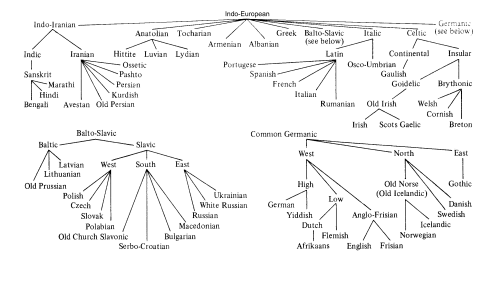alexw68
9 Jul 2011 #61
Still, Russian is way more conservative than Polish in its adopting of productive Latin-based verbal prefixes of the 'konstruktować', 'telefonować' variety.
I wonder if this isn't a 20th century phenomenon. Go back to the 19th and borrowings not from generic Latinate roots, but very specifically French, are quite common.

